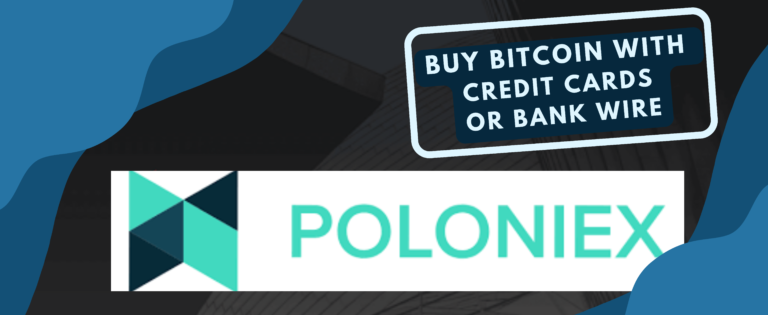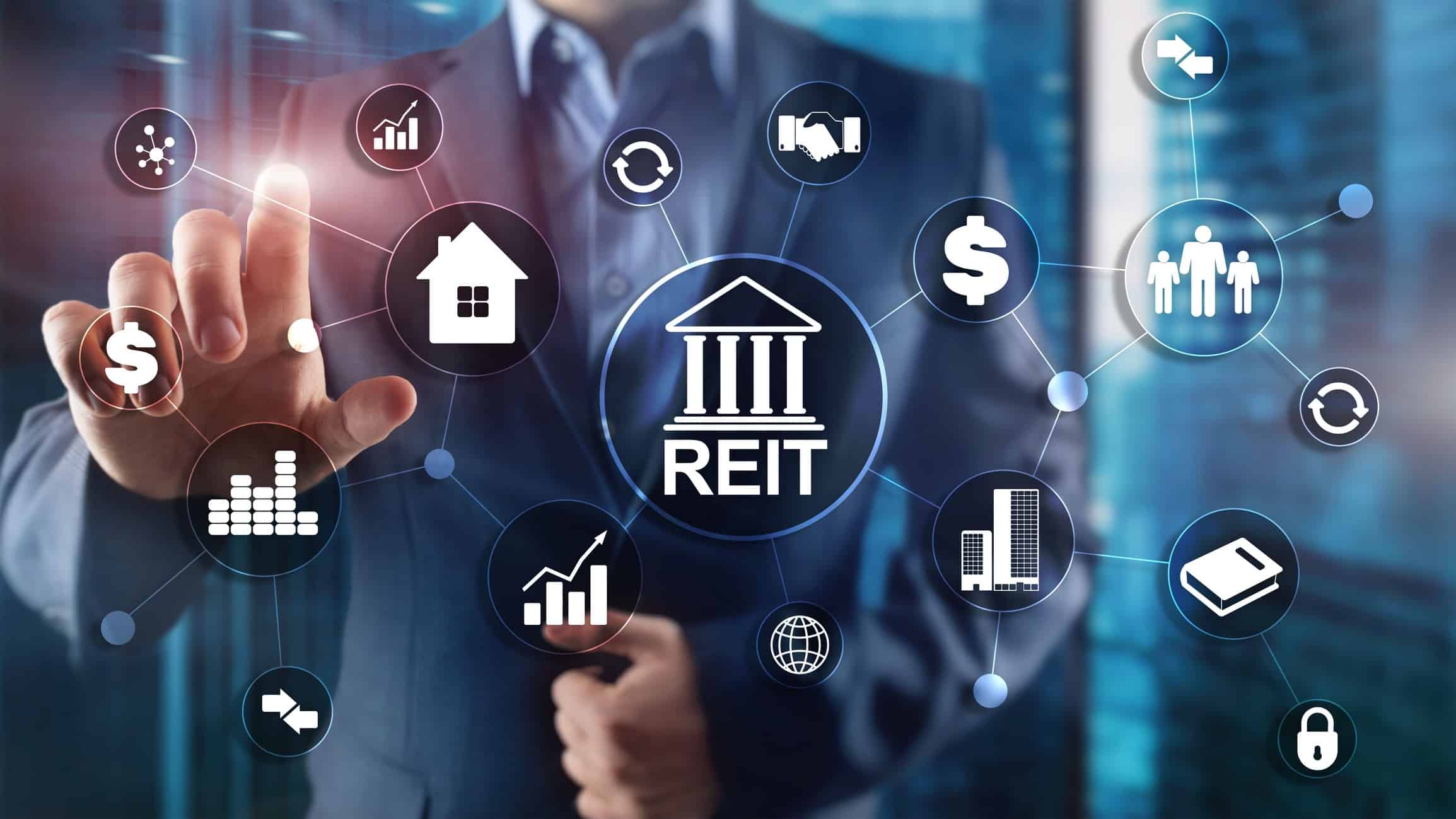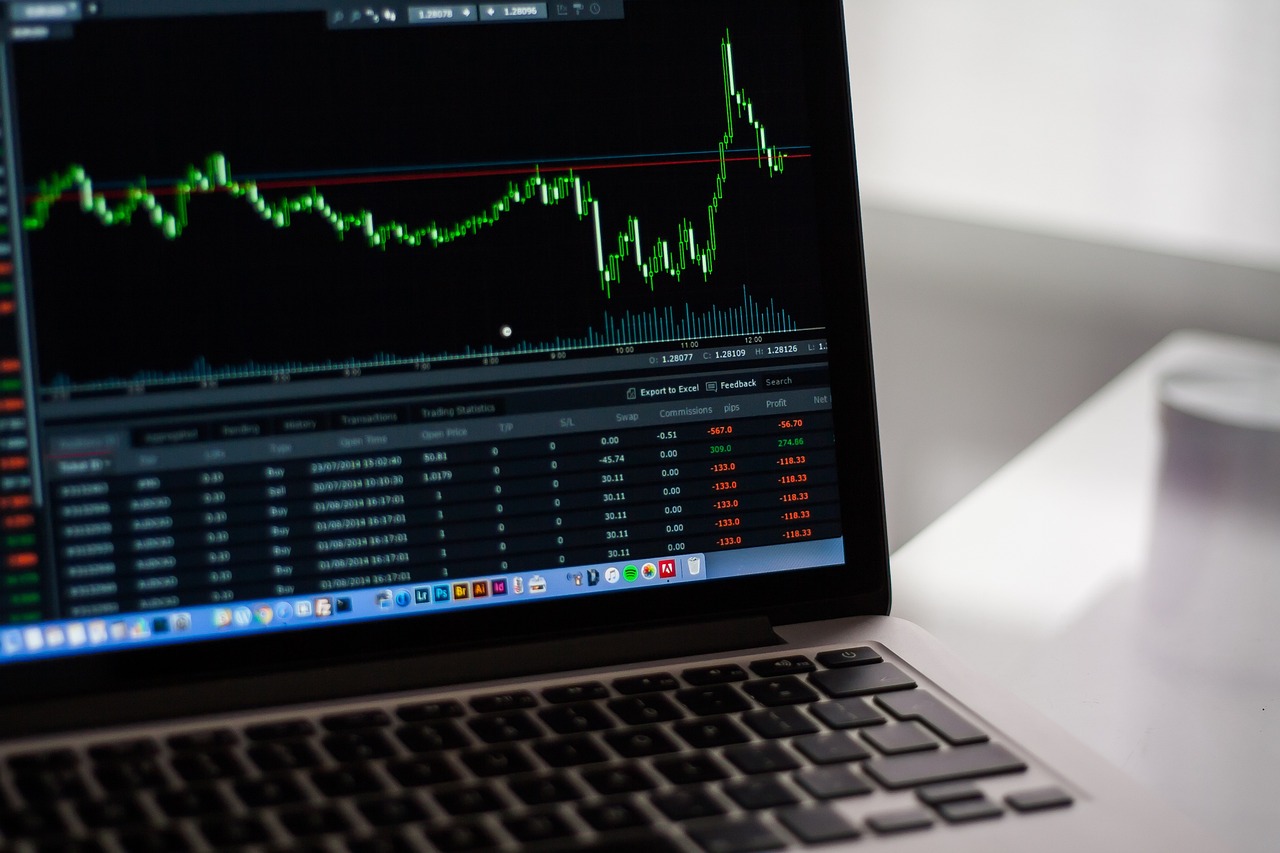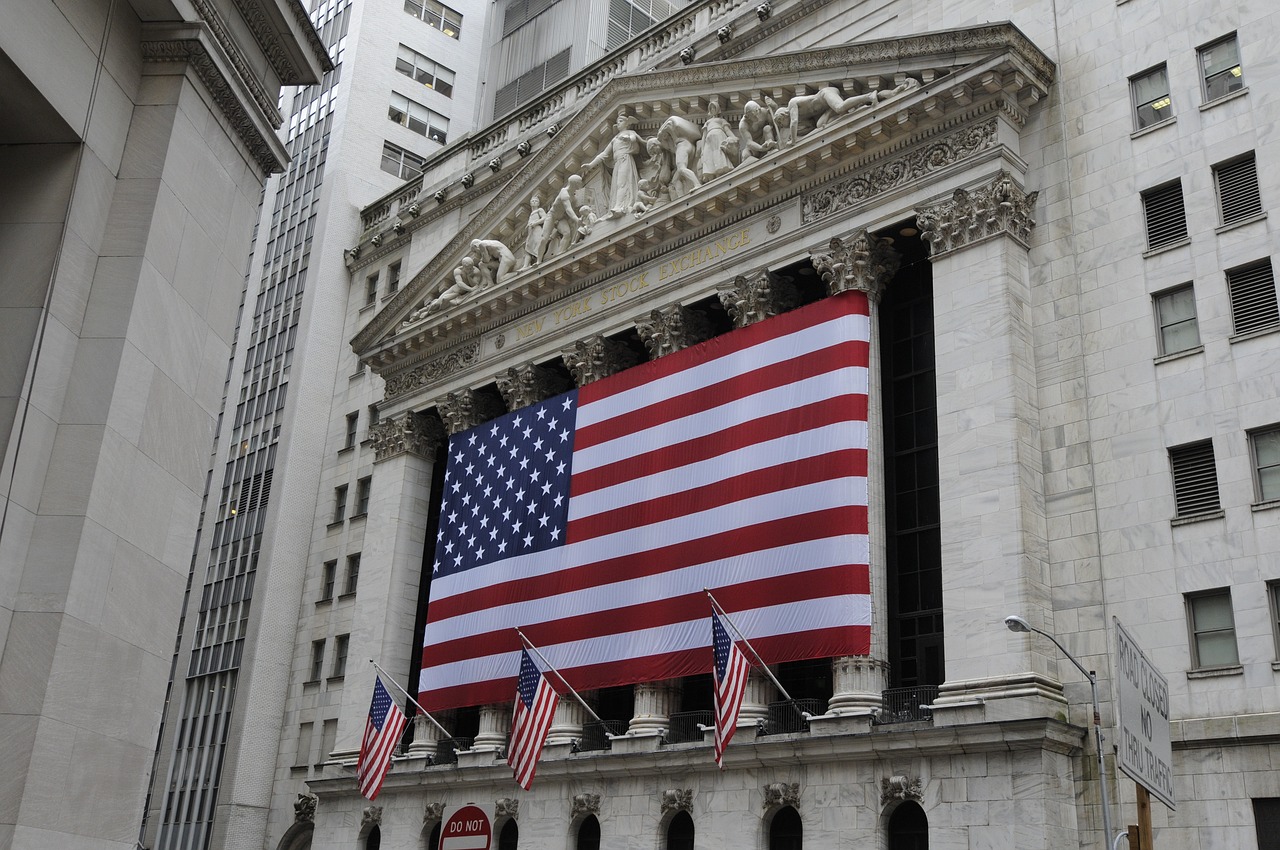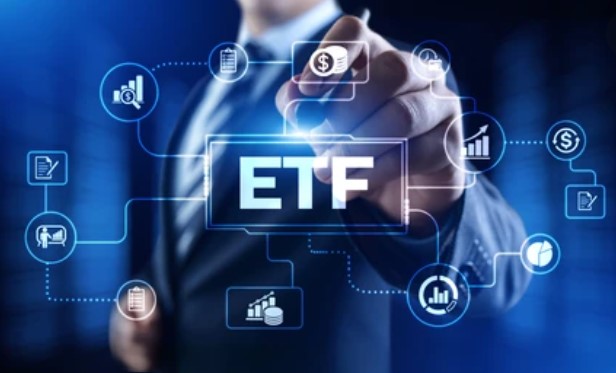Decentralized Finance (DeFi): A New Era
Decentralized finance (DeFi) is a rapidly growing sector of the cryptocurrency and blockchain space. It refers to a new type of financial ecosystem that is built on top of decentralized networks, such as the Ethereum blockchain. The goal of DeFi is to create a more open, transparent, and accessible financial system, where anyone with an internet connection can access a wide range of financial services without the need for traditional intermediaries such as banks.
Key features of DeFi
One of the key features of DeFi is the use of smart contracts. These are self-executing contracts that are stored on the blockchain and can automatically enforce the terms of a contract without the need for a trusted third party.
Another important aspect of DeFi is the use of decentralized exchanges (DEXs). These are digital asset exchanges that are built on blockchain networks and allow for the buying and selling of digital assets in a trustless and decentralized manner.
Pros of DeFi
- DeFi allows for the creation of trustless financial instruments, such as lending and borrowing platforms, where users can lend and borrow money without the need for a bank to act as a intermediary.
- DeFi allows for the creation of new financial products and services, such as flash loans, which are short-term loans that can be taken out and repaid in the same transaction.
- DeFi allows for the use of stablecoins, which are digital assets that are pegged to the value of a fiat currency, thus reducing the volatility of the digital asset.
- DeFi has the potential for financial inclusion, allowing anyone with an internet connection to access a wide range of financial services, bringing financial services to the unbanked and underbanked population around the world.
- DeFi allows for more transparency and accessibility in the financial system, cutting out the need for traditional intermediaries like banks.
Cons and Risks
- DeFi is a relatively new and rapidly evolving space, meaning there are still many unknowns and potential risks, such as hacking or fraud.
- The regulatory environment for DeFi is still uncertain, and there is a risk that governments may try to crack down on the sector.
- Lack of understanding and knowledge about the technology and the concept among common people.
- Volatility of the crypto assets used in DeFi ecosystem.
In conclusion, DeFi is a rapidly growing sector of the cryptocurrency and blockchain space that has the potential to revolutionize the financial system. By using smart contracts, decentralized exchanges, and other decentralized technologies, DeFi has the potential to create a more open, transparent, and accessible financial system.
However, it is important to be aware of the potential risks and uncertainties associated with this new and rapidly evolving space.

